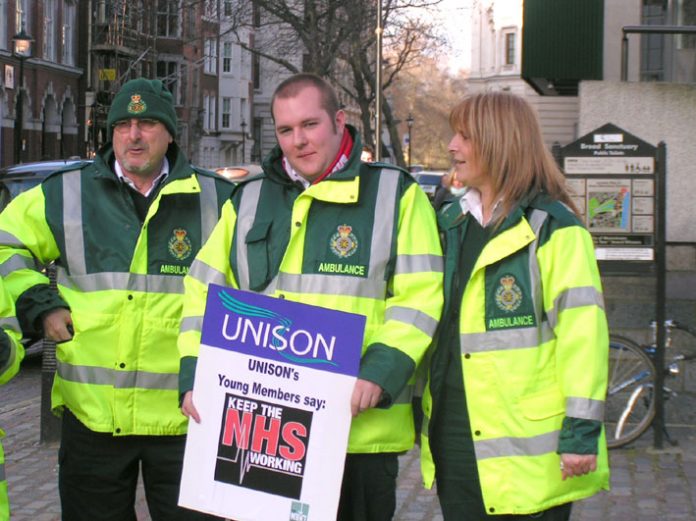
‘Paramedics don’t have referral skills.
‘Andy Burnham is not redefining the health service and Patricia Hewitt got her facts wrong last year when she said 90 per cent of patients did not need to go to A&E.’
This was the response of Association of Professional Ambulance Personnel (APAP) press officer, Jonathan Fox, to a letter from Health Minister Andy Burnham to Health Secretary Patricia Hewitt.
The letter recommended that paramedics be authorised to decide on whether 999-call patients should be taken to an A&E or not.
Burnham claims ‘that up to a million fewer patients could be taken to A&E.’
Referring to the Ambulance Review launched in 2005, Burnham adds that ‘paramedics and other front-line ambulance staff’ should now be ‘fully supported to make the decision to leave patients at home’ if they ‘feel the patient doesn’t need to go to A&E.’
He adds: ‘There is also a case for considering whether A&E staff need more clearly-defined powers to refer patients on to more appropriate providers as part of the initial triage process’.
The APAP’s Fox, himself an experienced paramedic, added to News Line: ‘The government want to reduce ambulance pathways to A&E by a fifth.
‘You can’t take that responsibility on board if you haven’t got the skills in the first place.
‘It sounds great on paper, but in practice this is not addressing the real need, which is managing the life-threatening and serious conditions that make up the vast majority of the ambulance workload.’
A British Medical Association (BMA) spokeswoman told News Line: ‘It is the doctor’s role to diagnose patients, so the BMA would be worried if it was left to paramedics to decide whether or not they should respond to all 999 calls.
‘Patients must be reassured that when they dial 999 their call will be treated as an emergency.’
Meanwhile, Welsh doctors’ leaders have warned that referral management centres which divert GP referrals away from their chosen consultants could pose a risk to patients.
The British Medical Association membership magazine, ‘BMA News’, reported yesterday that the BMA wants to halt the introduction of such centres throughout Wales.
BMA Welsh council chair, Tony Calland, has written to Welsh health and social services minister Brian Gibbons, demanding the plans are put on hold until doctors have been given a chance to have their say.
Dr Calland says a system where non-clinicians, or clinicians who have not seen a patient, are allowed to make a decision about the validity of a referral is ‘totally unacceptable’.
‘We are concerned that the concept might be introduced across Wales with little evidence to show such systems are more effective than GPs acting in their traditional role of gatekeeper to secondary care,’ writes Dr Calland.
The NLIAH (National Leadership and Innovation Agency for Healthcare) has piloted seven of the centres across Wales in the past year, but neither GPs nor consultants in Wales are convinced by the plans.
They say any interference in clinical decision-making would not be welcome.
Dr Calland is urging Dr Gibbons to halt the plans and involve clinicians in formulating alternative improvements.